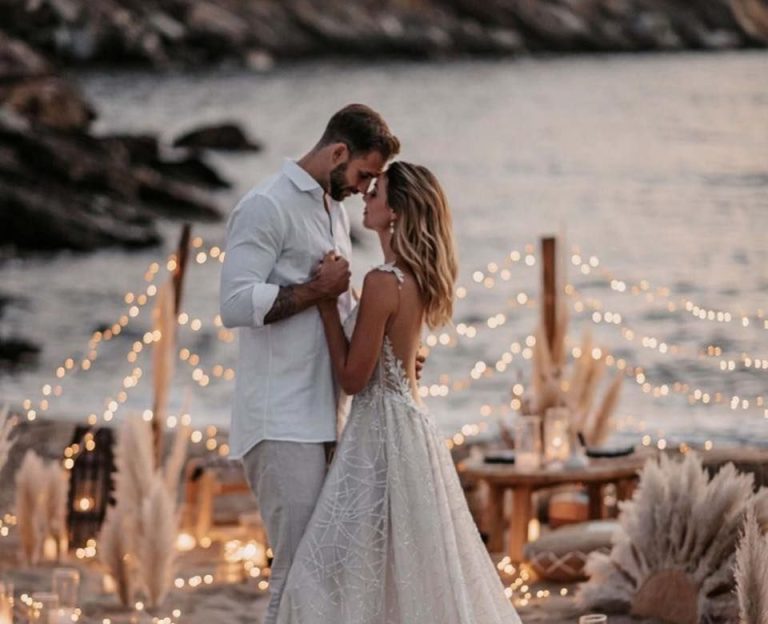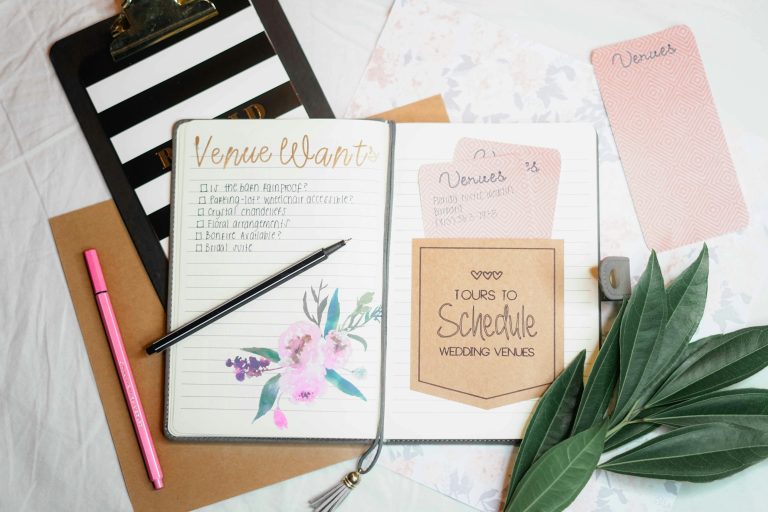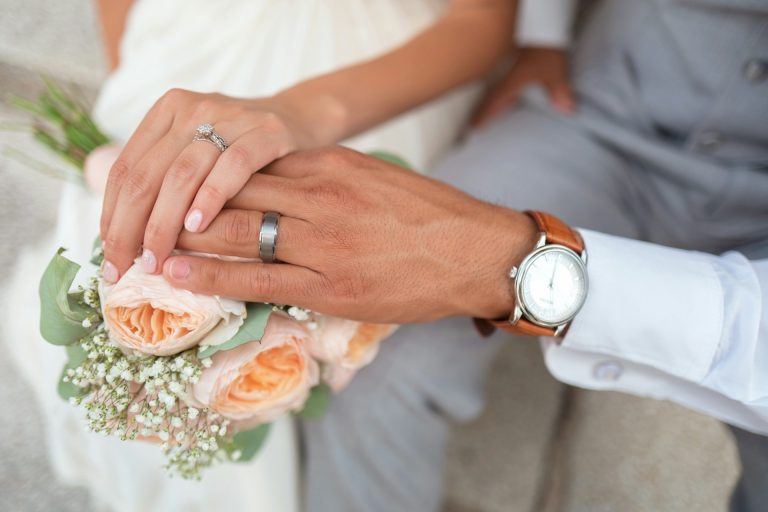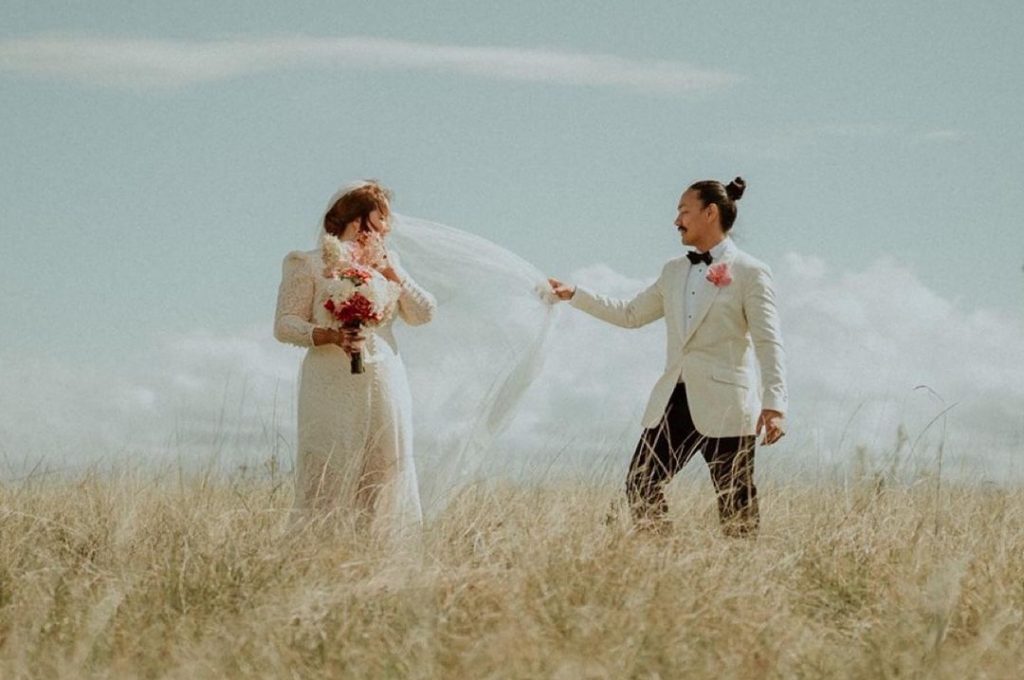Featured Image: Pinterest
For couples in South Africa, the question isn’t just about when to get married anymore, but how. The growing popularity of elopements has shifted what many of us think of as “the big day.” Once seen as secretive runaways and running away from your family, elopements now stand proudly as intimate, intentional celebrations. But how do they really stack up against the traditional, large-scale wedding so many still dream of?
Let’s unpack the pros and cons of each, and why more South African couples are rethinking what it means to say “I do”.
The Rise of Elopements in South Africa

Source: Pinterest
Elopements are no longer whispered scandals. Instead, they’re celebrated as deeply personal moments where the focus is squarely on the couple. With our country’s dramatic backdrops—from the cliffs of the Wild Coast to the winelands of Stellenbosch—it’s no surprise that many pairs are trading in banquet halls for breathtaking landscapes.
Pros of Eloping:
-
Less stress and shorter timelines
-
Often more affordable, especially if combined with a honeymoon
-
Intimate and personal—just you, your partner, and maybe a handful of loved ones
-
Destination-ready: from Cape Town beaches to Drakensberg peaks
Cons of Eloping:
-
Limited guest list (if any)
-
Potential disappointment from family and friends
-
Missing out on classic wedding traditions like speeches and first dances
Social media has amplified this trend, with couples proudly sharing photos of mountaintop vows and barefoot ceremonies on Instagram. Far from feeling like they’ve missed out, many say the privacy made the day even more meaningful.
The Case for the Big Wedding
For many South African families, a wedding isn’t just about two people—it’s about community, tradition, and celebration. Large weddings are cultural milestones, where relatives travel from across provinces and sometimes countries to witness a union.
Even though these weddings can be costly, they carry weight and symbolism that smaller ceremonies can’t always replicate. Walking down the aisle in front of everyone you love, having speeches from family elders, and enjoying that packed dance floor at the reception—it’s all part of the magic.
Pros of a Full Wedding:
-
Share the joy with family and friends
-
All the traditional rituals: confetti, toasts, and father-daughter dances
-
Feels like a once-in-a-lifetime celebration
-
Easier to involve extended family in cultural traditions
Cons of a Full Wedding:
-
Costs can quickly spiral
-
Planning is stressful and time-consuming
-
Destination weddings add even more expense
-
Some couples find being the center of attention overwhelming
That said, with careful budgeting and the right planner, and the support from family and friends, a big wedding doesn’t have to mean financial strain.
Finding the Balance
So, elopement vs wedding—which one wins? The truth is, there’s no universal answer. For some, eloping is the dream: raw, unfiltered, and intimate. For others, the joy of seeing their loved ones gathered in one place outweighs the stress and expense.
A growing number of couples are blending both approaches: a private elopement in a scenic spot, followed by a relaxed reception with friends and family later. It’s proof that you don’t have to choose between intimacy and tradition—you can craft something unique.
Do What’s Best for You
At the end of the day, whether you stand barefoot on a beach with just two witnesses, or enter a grand hall filled with 200 guests, your wedding should reflect your love story. Ignore outside pressure, silence the comparisons, and choose what feels authentic to you as a couple.
Because whether whispered on a mountain or shouted from a ballroom stage, “I do” is about more than the setting—it’s about the journey that follows.






